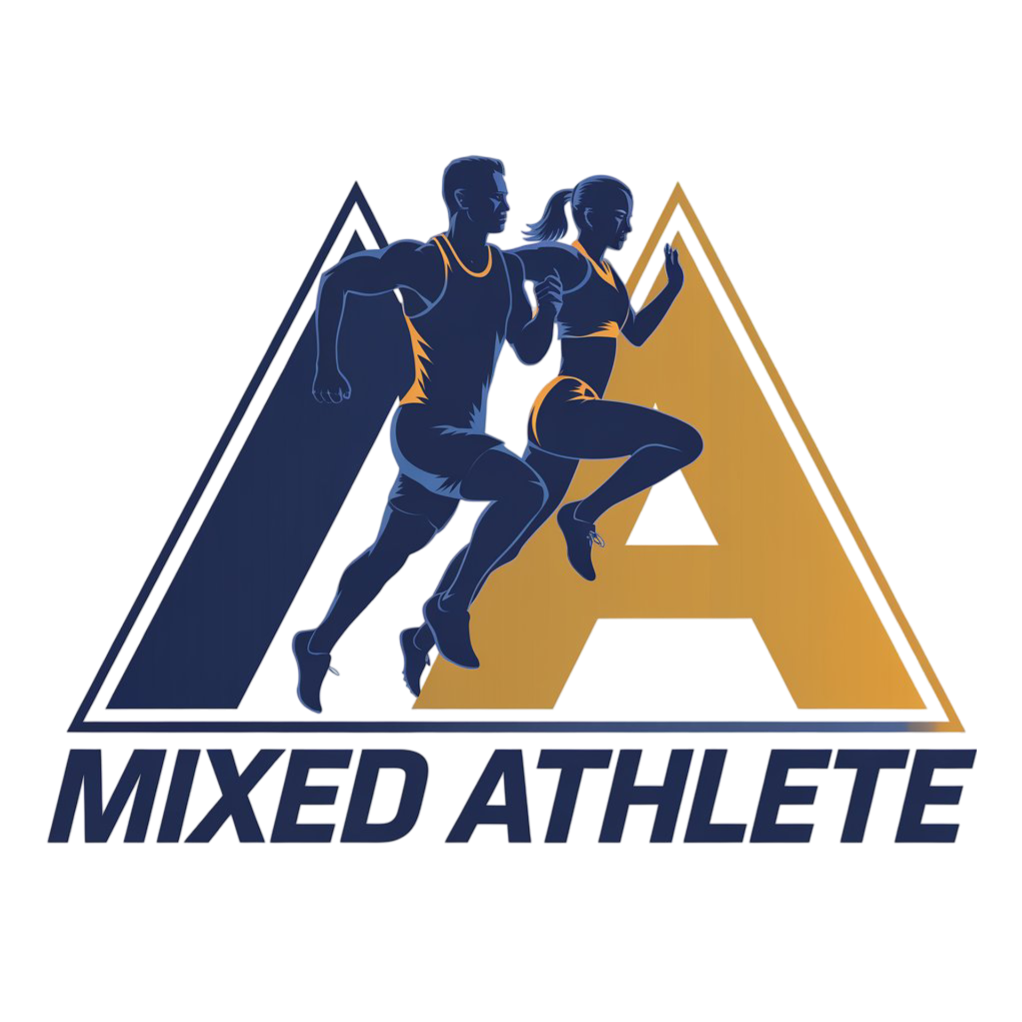Dietary choices and physical activity may trigger an aggravation of hereditary angioedema (HAE), according to a study published in Allergologie Select.
HAE is a rare disorder that causes recurrent swelling attacks that can vary in frequency and location across the body, often causing pain, deterioration in quality of life, and loss of productivity. Scientists have identified various triggers that may cause an edema episode, including medications, infections, and periods of stress.
Nevertheless, there is a paucity of studies that specifically assess the role of diet and sports in possibly aggravating HAE. The authors of the study thus sought to assess if these risk factors were prevalent among a cohort of patients with HAE.
The research team recruited patients with HAE who received care at a hospital in Leipzig, Germany. Recruited participants were asked to fill in a questionnaire regarding demographics, family history, treatment, disease control, and the possible influence of diet and physical exercise on the frequency of edema attacks.
Read more about HAE etiology
Thirty patients with HAE were recruited for the study, the majority of whom (n=22) had type 1 disease. Eighteen of the 30 patients (60%) reported receiving prophylactic therapy, while 12 (40%) only received on-demand treatment. All except 1 (n=29) of the patients recruited stated that they had undergone an unplanned medical treatment due to an unexpected HAE attack. Twenty-eight of the 30 patients reported that their family members were affected by their condition.
With regard to the influence of diet, 10 (33%) patients observed a link between food choices and HAE attacks; for example, 4 patients reported an aggravation of symptoms after consuming legumes, while 2 reported symptomatic worsening after eating wheat-based products.
In terms of the influence of sports, 21 (70%) patients reported regular participation in recreational sports, including most frequently cycling (n=11). Thirteen of the 21 patients (62%) reported experiencing a worsening of HAE symptoms after recreational exercise.
“Avoidance or management of trigger factors is a crucial part of HAE counseling,” the authors wrote. “Dietary habits, food allergies/intolerances, and physical activity should be taken into account when treating and advising patients with HAE.”
Reference
Zarnowski J, Treudler R. Dietary and physical trigger factors in hereditary angioedema: self-conducted investigation and literature overview. Allergol Select. Published online November 14, 2024. doi:10.5414/ALX02523E
This article originally appeared on Rare Disease Advisor





